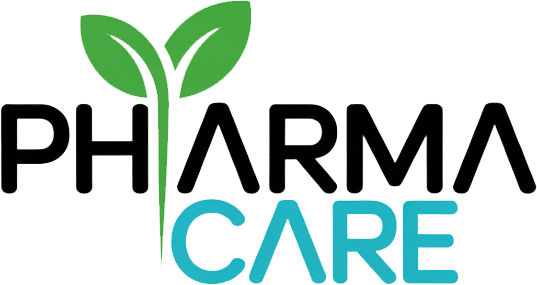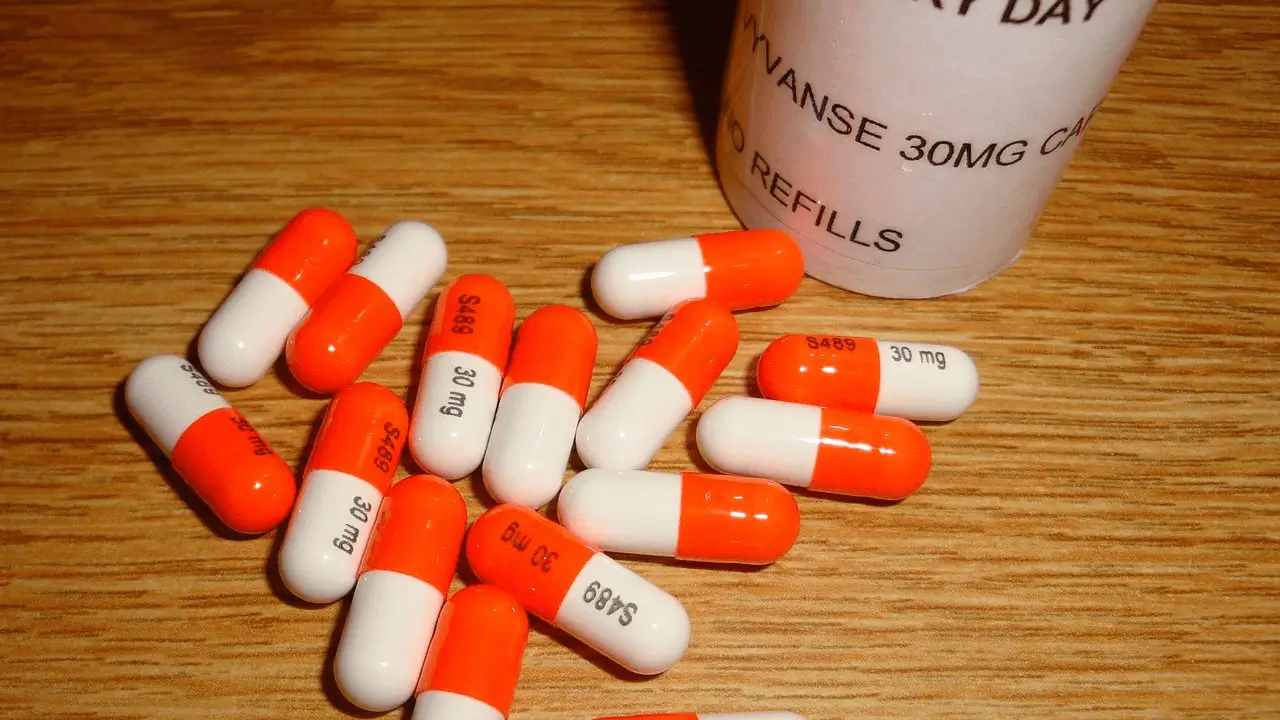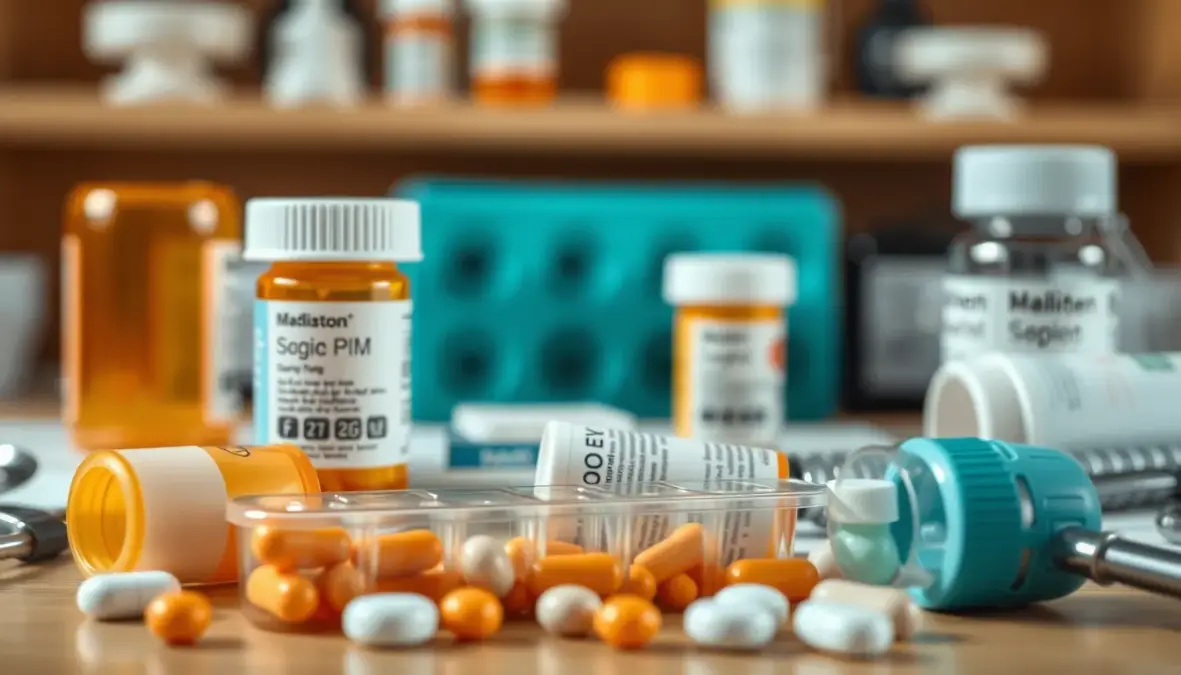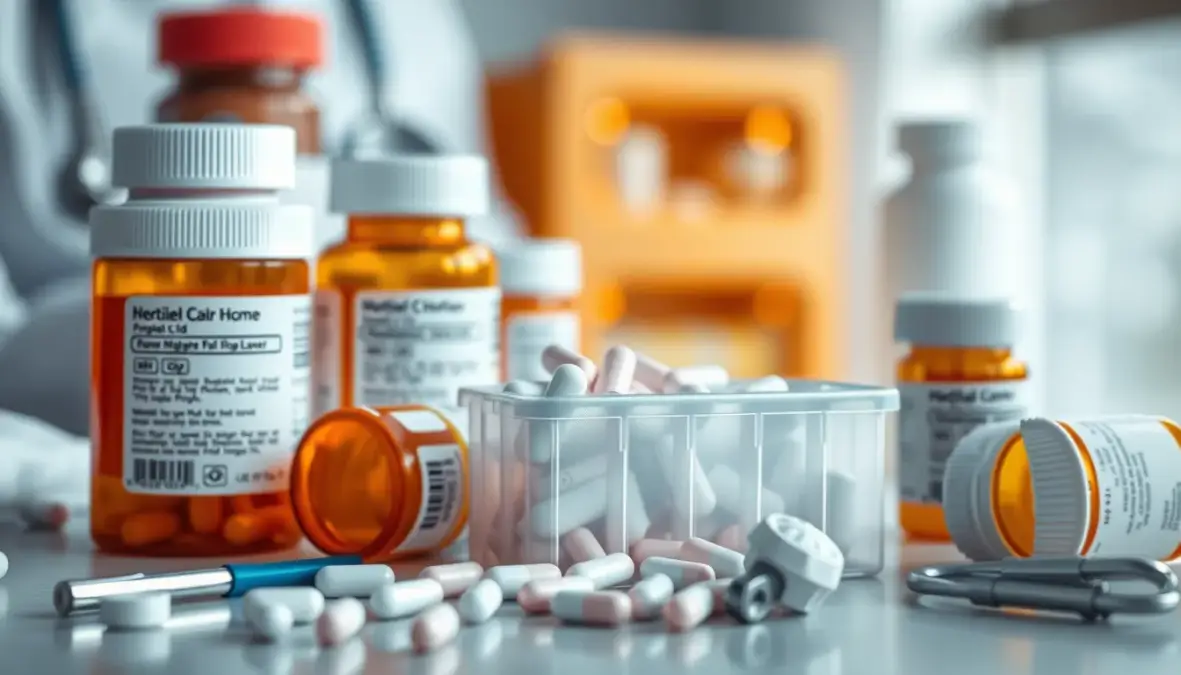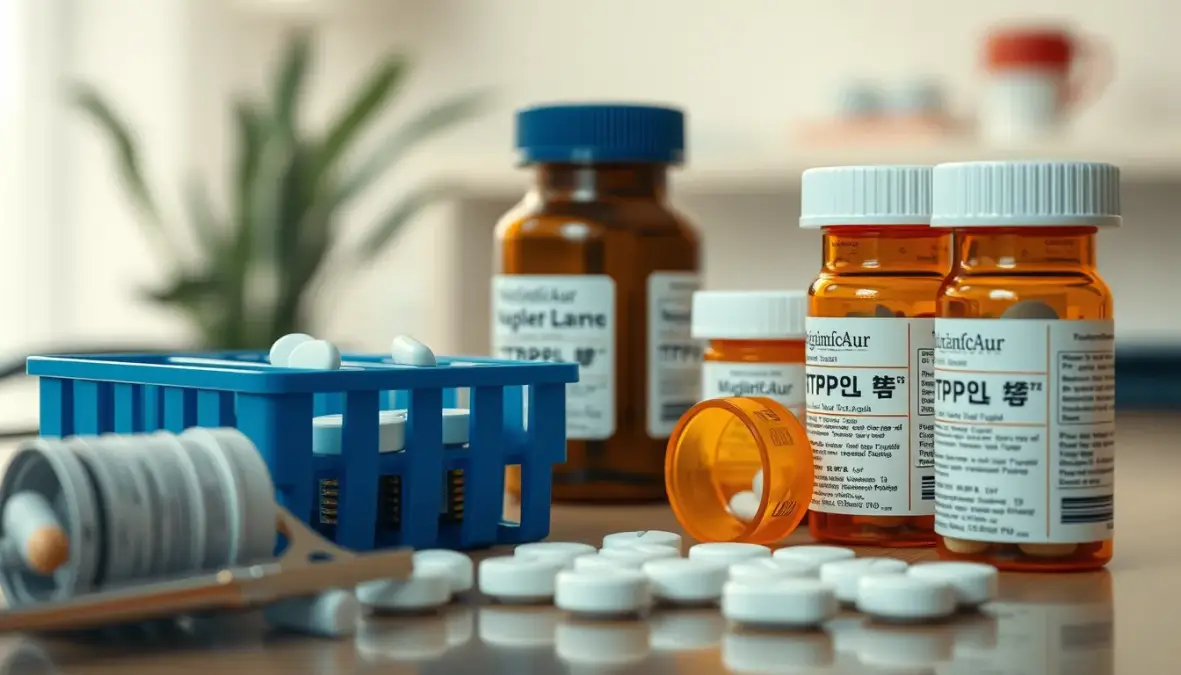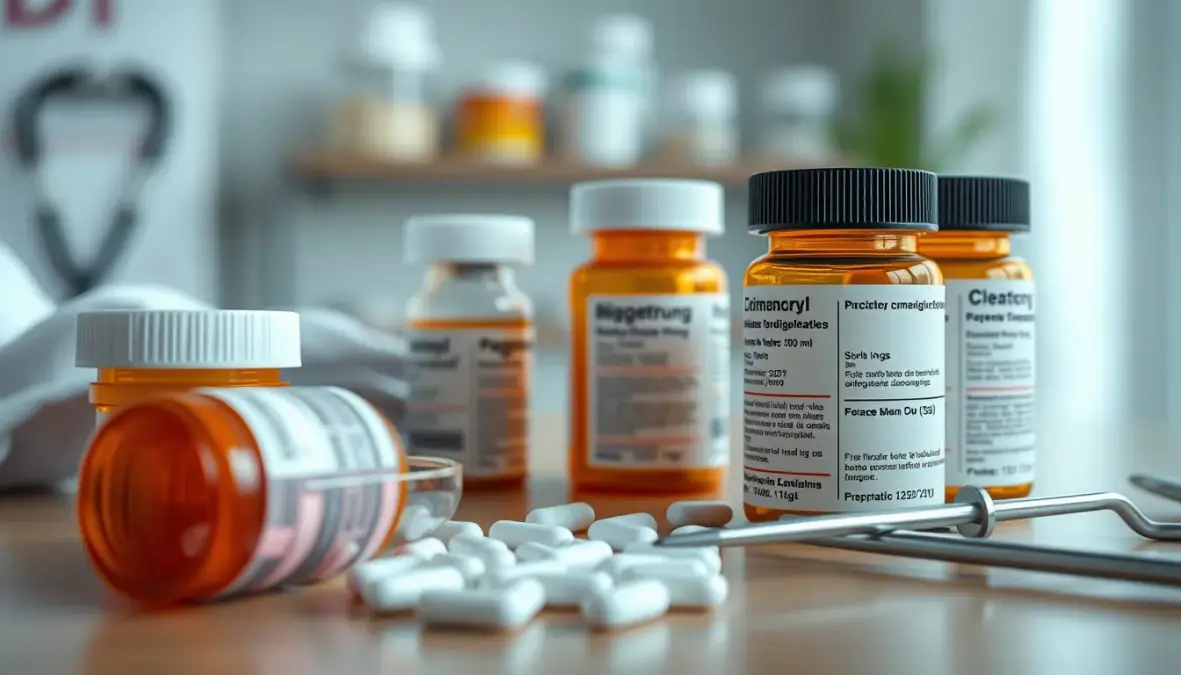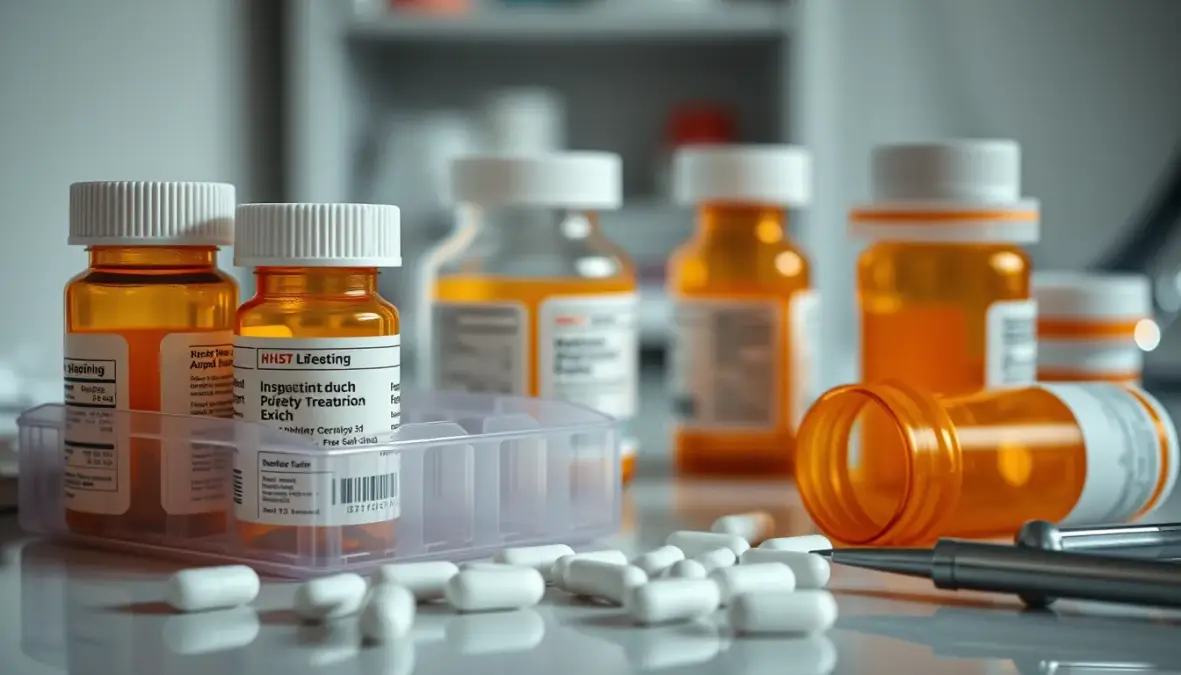Vyvanse Considered one of the leading and most popular medications for treating attention deficit hyperactivity disorder (ADHD). Many people in Israel and around the world use it to improve concentration, regulate attention, and reduce hyperactive and impulsive behavior. In the following article, we will dive deeper into the subject of Vyvanse, review how it works, examine the possible side effects (Vyvanse side effects), examine the available doses (Vyvanse 70, Vyvanse dosage), and address popular comparisons (Vyvanse vs Adderall, Vyvanse or Atento) and answer common questions such as whether the drug causes addiction (Vyvanse addiction) or whether it is permissible to drink alcohol during treatment (can you drink alcohol on Vyvanse). We will also examine the estimated costs in Israel (Vyvanse price, Vyvanse general price) and expand on user opinions (Vyvanse reviews). The purpose of the guide is to offer a broad and reliable picture, but it is always recommended to consult a specialist before making decisions related to drug treatment.
General background on Vyvanse
Vyvanse is a drug that belongs to the family of psychostimulant drugs, based on amphetamines. The active ingredient in the drug is called lisdexamfetamine. After the drug is absorbed by the body, lisdexamfetamine is converted to dextroamphetamine. The drug was developed to help people struggling with attention deficit hyperactivity disorder, with among its main goals:
- Improving focus and attention skills.
- Reducing hyperactivity.
- Better control over impulses and impulsive behavior.
In addition, some doctors also use Vyvanse to treat eating disorders such as bulimia, but this is done under close supervision and only after a careful examination of the patient's medical condition.
Why Vyvanse?
In recent decades, various medications have appeared to treat ADHD, including: Ritalin and Adderall. However, Vyvanse brings with it a number of unique advantages:
- Extended release mechanism: The drug is released gradually in the body, which allows for a more stable effect throughout the day and reduces sharp drops and "rebound" effects.
- Lower risk of misuse: The active ingredient is not released immediately, making it more difficult to "snort" or inject (compared to other drugs). This reduces the risk of addiction and illegal use.
- A milder effect on appetite: Although decreased appetite is a possible side effect, some patients report that it is less severe than with other medications.
It is important to clarify that the suitability of the drug for a specific person depends on personal health status, preferences, and body response. It is certainly possible that one person will benefit greatly from Vyvanse, while another will prefer a different drug such as Ethadone or Adderall.
How it works and how it helps treat ADHD
Increasing dopamine and noradrenaline levels
The scientific basis for pharmacological treatment of ADHD involves affecting the neurotransmitters dopamine and norepinephrine in the brain. ADHD is often associated with low levels of these neurotransmitters or problems with their regulation. Vyvanse increases the availability of dopamine and norepinephrine at the synapses, leading to improved concentration and self-control.
Gradual release
Lisdexamfetamine must undergo an enzymatic breakdown process in the bloodstream to become dexamfetamine. This process prevents immediate release of the substance and achieves a long-lasting effect. Unlike other drugs, whose effects may wear off after a few hours and lead to a feeling of energy "crash", Vyvanse continues to work steadily, usually between 8 and 12 hours.
Benefits in daily coping
Successful treatment of ADHD with Vyvanse can lead to a significant improvement in quality of life. Many people experience:
- Increased attention level In classes, at work or while driving.
- Greater control over impulses, so that they speak and act in a more calculated manner.
- Improvement in academic performance: Many report improved ability to read and understand study materials.
- Less mental stress: When attention improves, the feeling of stress and frustration decreases.
Vyvanse vs. other drugs: Vyvanse or Atenolol? Vyvanse vs. Adderall?
Many people wonder how to compare the popular drugs. Two common questions are: "Vyvanse or Adderall?" and "Vyvanse vs Adderall?" Although they all belong to the stimulant family, there are differences between them.
Vyvanse or Atnet
Attent contains a combination of amphetamines. The drug is available in several formulations, including immediate-release tablets and controlled-release capsules. Some people report that Attent causes a faster increase in attention levels, but it is also characterized by an increased risk of "crashing" after its effect wears off. In contrast, Vyvanse works uniformly and for a long time. Choosing one of them depends on personal sensitivities, the nature of the problem, and the doctor's recommendation.
Vyvanse vs Adderall
Adderall is a combination of four different salts of amphetamine and dexamphetamine. The combination gives it a faster onset of action than Vyvanse. However, Vyvanse is considered a drug with a lower potential for abuse, as there is a metabolic process in the body that prevents immediate absorption.
It is important to note that "Adderall and Vyvanse" are two effective medications for treating ADHD, but each has advantages and disadvantages. The appropriateness of the medication depends on medical history, desired duration of effect, personal preference, and possible reactions to side effects.
Dosages and recommendations: Vyvanse 70, Vyvanse dosages, Vyvanse dosage
Overview of existing dosages
Vyvanse is available in a variety of doses, usually between 20 mg and 70 mg. Vyvanse 70 It is the highest dose commonly used on the market. Doctors choose the appropriate dose based on age, weight, individual response, and severity of symptoms. In some cases, they start with a low dose and gradually increase it to find the optimal balance between effectiveness and side effects.
Dose adjustment
- Adults and children: Typically, doctors start with a low starting dose, such as 20-30 mg, and monitor the patient's response for several weeks.
- Dose increase: If there is no sufficient improvement or if symptoms still interfere with functioning, the doctor may gradually increase the dose (for example, to 40, 50, or 60 mg).
- High dose (70 mg): Not everyone will reach this dosage, but there are cases that warrant it. When there is significant ADHD or when lower doses are not helpful enough, your doctor may recommend Vyvanse 70.
The importance of medical supervision
Many people ask, "How do I know if the dosage is right for me?" The answer lies in continuous monitoring. You should expect a significant improvement in your level of concentration and organization, along with a reduction in side effects such as sleep disturbances or anxiety. At any stage, if bothersome side effects appear or if there is no improvement, you should contact your doctor again and consider a new dosage adjustment.
Common and less common side effects (vyvanse side effects)
Common side effects
- Decreased appetite: Many people report a decreased desire to eat, especially during the day. This phenomenon can lead to weight loss or malnutrition if you do not follow a balanced diet.
- Dry mouth: Some patients complain of a constant feeling of thirst or dry mouth. Sometimes sucking on lollipops or drinking plenty of water may help.
- Difficulty sleeping: Since this is a stimulant, it may be difficult to fall asleep if you take the medication too late.
- Anxiety and nervousness: Amphetamines may worsen existing anxiety or cause irritability.
- Headaches: A phenomenon that quite a few users experience, especially in the first few weeks of treatment.
Less common side effects
- Increased blood pressureAmphetamines: Amphetamines can increase blood pressure and heart rate. People with heart problems or high blood pressure should use caution and monitor their condition.
- Worsening of tics: There are cases where the medication triggers or worsens involuntary movements or sounds (tics), especially in people with a history of Tourette syndrome.
- Mood changes: Some users report increased irritability or depression, but this is a minority.
Everyone reacts differently to stimulant medications, so it's important to listen to your body and consult a doctor regularly. If side effects persist or worsen, the dosage may be too high or the medication may not be suitable.
Frequently Asked Questions
When searching for information about Vyvanse side effects, common questions pop up all over the web. We'll answer some of them here:
Does vyvanse cause depression?
The question "does Vyvanse cause depression?" is sometimes asked. The answer is complex. The drug usually helps people with ADHD feel better because it improves concentration and reduces frustration. However, there is a small chance that amphetamines will negatively affect mood. If a person experiences a sharp drop in mood or symptoms of depression, it is worth consulting a doctor. The dosage may need to be changed or the medication replaced.
Does Vyvanse cause hair loss?
"Does Vyvanse cause hair loss?" – Does the drug cause hair loss? Most studies do not indicate a significant side effect of hair loss with Vyvanse. However, there are anecdotal reports of increased hair loss. This can also be due to a decrease in nutrition or increased stress. If abnormal hair loss occurs, it is advisable to consult a dermatologist and check for other medical causes.
can i snort vyvanse / can u snort vyvanse?
Questions like "can i snort vyvanse?" or "can u snort vyvanse?" hint at the potential for abuse of the drug. In fact, the mechanism of action of Vyvanse requires slow enzymatic conversion, so snorting is not as effective as it might be with other amphetamines. In addition, the act of snorting is dangerous and can damage the nasal mucosa. The risk of addiction still exists, but it is lower compared to drugs intended for rapid release of the substance. Snorting drugs intended for oral administration (by mouth) is prohibited, and it is also against the law.
can you drink alcohol on vyvanse?
Many also wonder "can you drink alcohol on vyvanse?" – Is it permissible to drink alcohol while taking Vyvanse? The answer: It is better to avoid, or at least reduce the amount. Combining alcohol with amphetamines may increase blood pressure and the risk of increased heart rate or impulsive behavior. In addition, alcohol may affect judgment and impair concentration, making treatment less effective.
Vyvanse addiction: risk level and proper use
Is there a risk of addiction?
Vyvanse addiction It is a fundamental topic in any discussion of stimulant drugs. Although it belongs to the amphetamine family, the drug's structure and the need for enzymatic conversion reduce the risk of abuse compared to other drugs. However, improper use, taking high doses without supervision, or snorting can lead to addiction.
How to reduce the risk?
- Regular medical follow-upIt is important to meet with your doctor regularly and share any changes in your feelings or behavior.
- Taken only by prescription: Do not exceed the dosage prescribed by your doctor. Taking more than you should or taking a medication that does not belong to you is dangerous and illegal.
- Pay attention to your body's warnings.: If urges arise to use the medication beyond the dosage or if use becomes compulsive, seek medical advice as soon as possible.
User reviews (Vyvanse reviews)
Positive feedbacks
Many people who have tried Vyvanse have reported dramatic improvements in their ability to concentrate on school, work, and daily tasks. Some report that they are no longer overwhelmed by scattered thoughts, are able to keep track of to-do lists, and develop more effective work habits. Additionally, some patients report that the treatment has helped them reduce social anxiety and be more present in conversation.
Reviews and possible complainants
On the other hand, some users report symptoms such as rapid heartbeat, a sharp decrease in appetite, difficulty sleeping, and sometimes even a feeling of anxiety. Some of them need dosage adjustments, and others switch to other medications such as Atenolol or Adderall. Every body reacts differently, so it is important not to dismiss treatment based on one person's experience, but to try it in a controlled and informed manner.
Collaboration with therapists
Many recommend combining medication with psychological counseling or coaching for those dealing with ADHD. This way, you can acquire practical tools for time management, task organization, and understanding problematic thought patterns. The combined treatment brings significant results, and also has a positive impact on family life and career.
Costs: Vyvanse price, general Vyvanse price and the differences between the funds
Price range in Israel
Vyvanse price Varies depending on the dosage and the number of capsules in the package. The price can range from tens to hundreds of shekels per month, depending on the participation of the fund and supplementary insurance plans. Some people purchase the drug privately, especially if they do not have sufficient insurance coverage.
Vyvanse generic price
For patients in a general health insurance plan, there is sometimes the possibility of receiving a certain subsidy, but this also depends on the specific policy (for example, Moshmal or Platinum). Vyvanse generic price May differ significantly from prices at other pharmacies or for private purchases. It is recommended to check with the pharmacy of the pharmacy if special authorization is required.
Savings tips
- Price comparison: There are private pharmacies or chains that may offer more discounted prices.
- Use of supplementary insuranceSupplemental insurance: In many cases, it provides varying discount percentages.
- Receiving prescriptions for a month or more: Sometimes it is possible to get an extended prescription and purchase a quantity that will last for several weeks, instead of purchasing each time.
Frequently Asked Questions (FAQ)
Question: How do you know if it is worth switching from Vyvanse to another medication?
Answer: If you do not see sufficient improvement in your attention and concentration abilities or suffer from significant side effects, it is worth consulting a doctor. Dosage adjustments may be necessary, or it may be recommended to try other medications such as Atenolol (Vyvanse or Atenolol) or Adderall (Vyvanse vs Adderall).
Question: Is it permissible to combine Vyvanse with other medications?
Answer: Usually, they can be combined, but only under the guidance of a doctor. It is important to inform your doctor about any other medications or supplements you are taking to avoid dangerous interactions.
Question: Is it possible to drive or work in a job that requires increased concentration?
Answer: In many cases, the drug actually improves driving and work ability. However, some people experience side effects such as nervousness or tremors at the beginning of treatment. It is recommended to try it for a few days before driving or performing sensitive tasks, and to make sure that there is no disturbance in alertness.
Question: Is Vyvanse treatment suitable for everyone?
Answer: No. Patients with a history of heart disease, extremely high blood pressure, or severe anxiety disorders should carefully consider use. Always consult a doctor before starting treatment.
Question: Is it possible to stop treatment all at once?
Answer: Sudden discontinuation is not as dangerous as with antidepressants, but it is still recommended to consult a doctor before discontinuing or changing the dosage. A gradual reduction may be necessary, especially if used long-term.
Question: Is the tendency to become addicted high?
Answer: Vyvanse addiction is possible, but the potential is lower compared to immediate-release medications. Taking the medication as directed by your doctor and having regular checkups greatly reduces the risk of addiction.
Question: What about children and adolescents?
Answer: Vyvanse is approved for the treatment of ADHD in children and adolescents, but the dosage is determined by age, weight, and general medical condition. Consistent monitoring of the drug's effects on development, appetite, and mental status is necessary.
Question: Are there other conditions in which Vyvanse is used?
Answer: Yes, sometimes the drug is used to treat certain eating disorders, such as bulimia, but always under close medical supervision.
Question: Can strenuous physical activity be combined with treatment?
Answer: Physical activity in general is highly recommended. However, you should pay attention to signs of an increase in heart rate or blood pressure. If it is an intense sport, it is worth checking with your doctor to make sure that there is no conflict or excessive increase in the risk of heart problems.
Question: Does Vyvanse affect mood in the long term?
Answer: Most patients report an indirect improvement in mood, as they feel more efficient and are less likely to experience persistent frustration. In rare cases, feelings of depression or irritability may occur, and a doctor should be consulted if this occurs.
Summary and general advice
Vyvanse is a drug used to effectively treat attention deficit hyperactivity disorder. It works by gradually releasing the active ingredient, thus providing stability throughout the day. Many report significant improvements in learning ability, professional functioning, and social relationships. However, like any drug that stimulates the nervous system, there are possible side effects, such as decreased appetite, sleep problems, or increased anxiety.
When considering whether to take Vyvanse or other medications (Atten, Adderall, etc.), it is always a good idea to consult a specialist who is familiar with your medical history and individual needs. Proper dosage adjustment (e.g., Vyvanse 70) and regular monitoring contribute to optimal treatment. Also, watch for signs of addiction or misuse, although the drug is considered to have a relatively low risk in this area.
In terms of cost, Vyvanse price can vary between health funds, and Clalit members (Vyvanse price Clalit) may enjoy certain discounts, depending on the level of coverage. It is important to check this in advance and understand the supplementary insurance options.
Finally, it is recommended to combine medication with psychological support or behavioral training to address habits and thought patterns. Such a combination allows for more effective time management, learning organizational and behavioral skills, and reducing the daily stress that can accompany living with ADHD.
External links
- Mayo Clinic website – Includes detailed and updated information about various medications, including Vyvanse and their side effects.
- Ministry of Health website – Contains official guidelines on the treatment of ADHD in Israel, rights and guidelines for the use of stimulant medications.
These two links can shed light on current research and official guidelines, and deepen knowledge for those interested in drug treatment for ADHD.
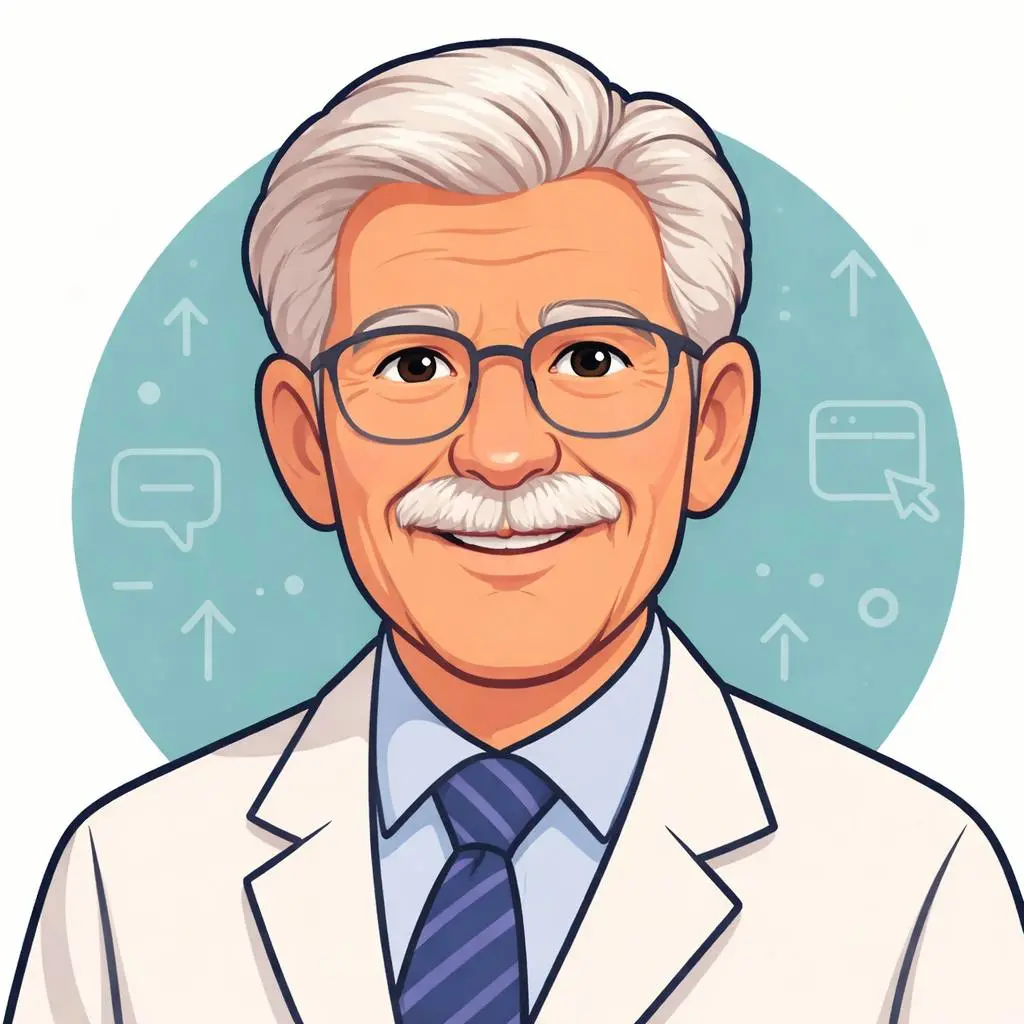
פרופ’ אלון גרין הוא מומחה לפסיכיאטריה קלינית ומחקר תרופתי, עם התמחות בפיתוח והתאמת תרופות מרשם למגוון מצבים נוירו-פסיכיאטריים. בעל ניסיון של למעלה מ־35 שנה בעבודה קלינית ואקדמית, וכיהן כמרצה ופרופסור אורח במספר אוניברסיטאות מובילות בארץ ובחו”ל. עמד בראש יחידות מחקר וטיפול בבתי חולים ציבוריים ומרכזים רפואיים מתקדמים. תחומי עיסוקו כוללים קשב וריכוז (ADHD), הפרעות חרדה והרגעה, דיכאון קליני והפרעות מצב רוח, וכן טיפולים תרופתיים תומכי דיאטה ואיזון מטבולי. משלב גישות מבוססות ראיות עם חדשנות פרמקולוגית, ופרסם עשרות מאמרים מקצועיים בכתבי עת מדעיים, תוך תרומה משמעותית להבנת מנגנוני פעולה של תרופות והשפעתן הקלינית.
